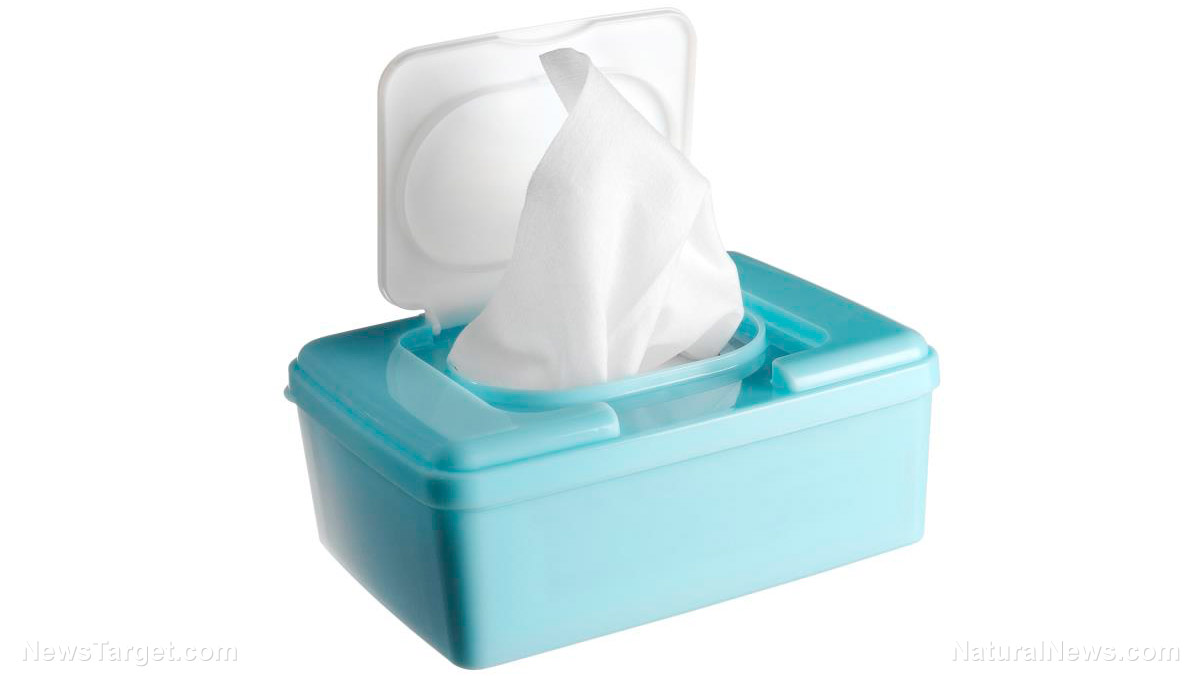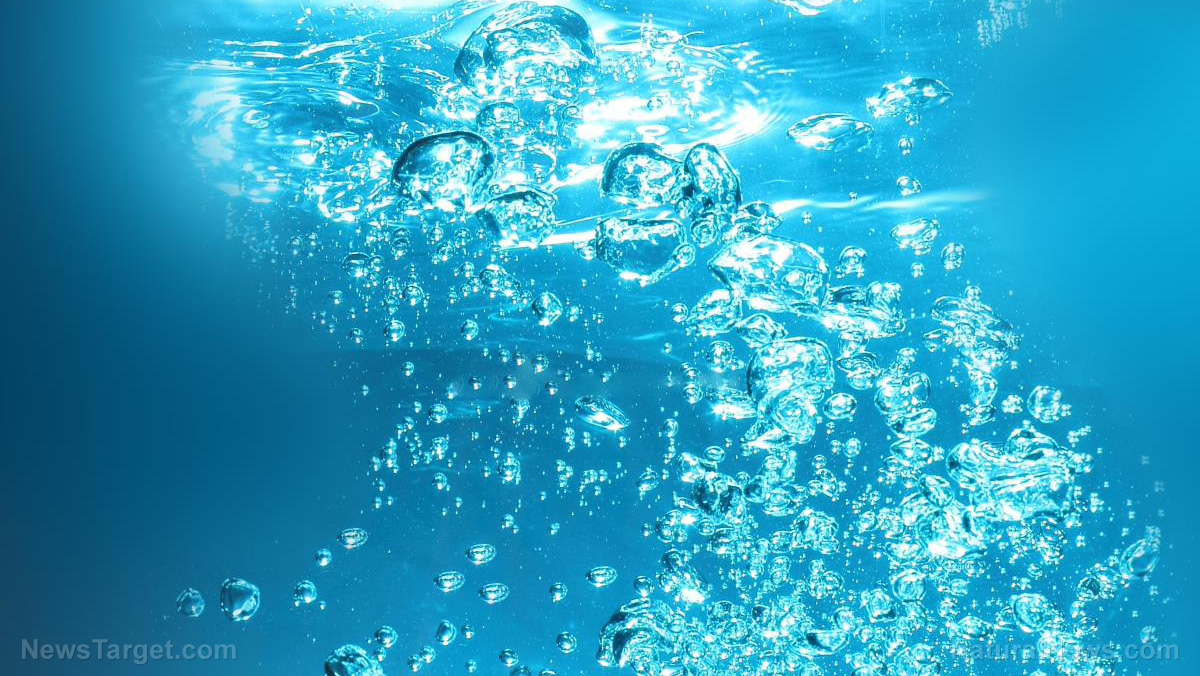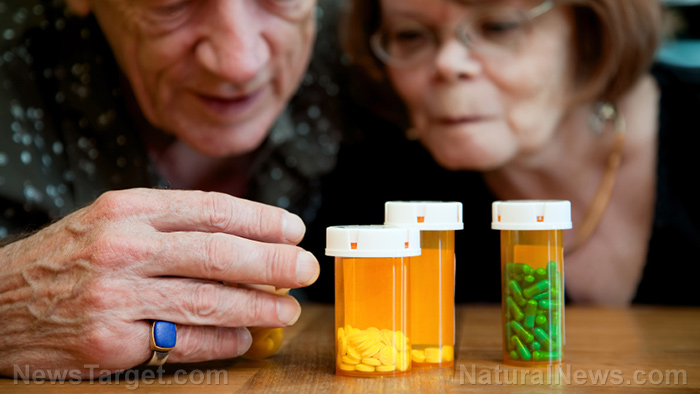
Say you're already seeing the onset of a disaster and the situation is forcing you and your family to bug out. There may be some others who want to join you. The immediate problem that comes up is the amount of drinking water for everyone on board. With your perilous journey ahead, it may be difficult to simply carry an adequate amount. How will you ensure that everyone, including yourself, will have enough water to drink until you arrive at a bug-out shelter? (h/t to MDCreekmore.com)
Purifying water using chemicals
One of the most common ways of purifying water is using unscented household bleach. Make sure you use a brand with no scents or additives.
Here is a simple formula for using bleach to purify water:
- Put eight (8) drops (1/8 teaspoon) per gallon / four (4) liters of water. Let stand for 20 minutes. Repeat if water does not smell of chlorine.
Caution: Only do this twice (a total of 16 drops).
It's important to remember that bleach does have some problems. For one, it has a limited shelf life (six months to two years). Second, it’s messy and nasty to clean up if spilled.
The limited shelf life of bleach poses a problem when packing a BOB (bug-out bag). A more economical alternative is to use "pool shock," a common ingredient used to make pools safe for swimming. It is available at your local pool supply store or online. Make sure that calcium hypochlorite is the only active ingredient in the product and that it contains no added algicides or fungicides. Anything that has additives in it can seriously endanger everyone, including yourself.
Here is a simple formula for using pool shock to purify water:
- Mix one (1) heaping teaspoon (about ¼ ounce) into two (2) gallons of water. The mixture will produce a chlorine solution of approximately 500 mg/L since the available chlorine in calcium hypochlorite is equal to 65 percent of its weight.
- To treat water, add one (1) part of chlorine solution per 100 parts of water. This is roughly equal to adding 1 pint (16 oz.) of stock chlorine per 12.5 gallons of water. The chlorine solution can purify a total of 200 gallons of water.
This stock solution also has a limited shelf life, so you should only prepare it when you need it. Generally, dry chemicals like pool shock will last for two to three years if stored properly. Keep it in an airtight container, store it in a cool, dry, dark location, and don’t allow temperature fluctuations. (Related: Do you have a safe source of water for a SHTF situation? Top 5 water purification mistakes.)
Pool shock in one-pound bags absorbs moisture from humid air and can dissolve in 12 to 24 months. For longer-term storage, re-pack into Ziploc bags or buy chlorine granules sold in buckets.
Breaking down chlorine solution into amounts that can be easily carried when bugging out
However, if you're forced to bug out of your home, you might not be able to carry a two-gallon container of water, let alone 200 gallons. Here is a way to break down the containers of solution into manageable amounts.
If one (1) teaspoon to two (2) gallons of water makes a 1:100 stock solution (this treats 200 gallons of water), then:
- One (1) teaspoon to one (1) gallon of water makes a 1:200 stock solution – this still treats 200 gallons of water, only double the concentration.
- One (1) teaspoon to ½ gallon of water makes a 1:400 stock solution.
- One (1) teaspoon to 1 quart of water makes a 1:800 stock solution.
- One (1) teaspoon to 16 ounces (a pop bottle) of water makes a 1:1,600 stock solution.
Note: One (1) teaspoon of pool shock treats 200 gallons of water no matter the concentration.
Another part of the equation is that one (1) oz. of water is equivalent to 596 drops. Using this formula, you will know that 2 oz. of water = 1,192 drops; 3 oz. of water = 1,788 drops; and so on.
This means that one (1) drop of the 1:1,600 stock solution will treat less than three (3) oz. Now, let's jump to 16 oz. – 16 oz. x 596 = 9,536 drops; divide this by 1,600 and you can see that it will take 5.96 (or rounded up to 6) drops to treat a 16 oz. bottle of water.
Simply put, if six (6) drops treat 16 oz., then 12 drops treat one (1) quart; 24 drops treat two (2) quarts; 48 drops treat one (1) gallon of water, and so on.
Now, here's the light at the end of the tunnel: All of these size bottles will be scattered everywhere when SHTF and people are busy getting out of Dodge. What's more, anyone can easily carry 16 oz. of chlorine solution.
You can also mix up a batch of treated water to fill the size of the container you have. If you are on the move, you can make enough water for your daily needs and be able to carry it. You can carry only the amount you need for the day, if water is plentiful. You can also share with your fellow preppers, and even mix and hand out 16 oz. bottles of chlorine solution.
Yes, that 16 oz. bottle of solution means you are carrying 200 potential gallons of safe drinking water. Find a way to pack a few individual teaspoons of chlorine solution, and you may carry potentially thousands of gallons of drinkable water. All you need in addition to a few pop bottles is an eye dropper.
You can use a Coke bottle with red cap to hold your chlorine solution and to warn others that the contents are not for ingestion.
Make preparedness a habit. Learn more water purification skills at WaterFilters.news.
Sources include:
Please contact us for more information.





















